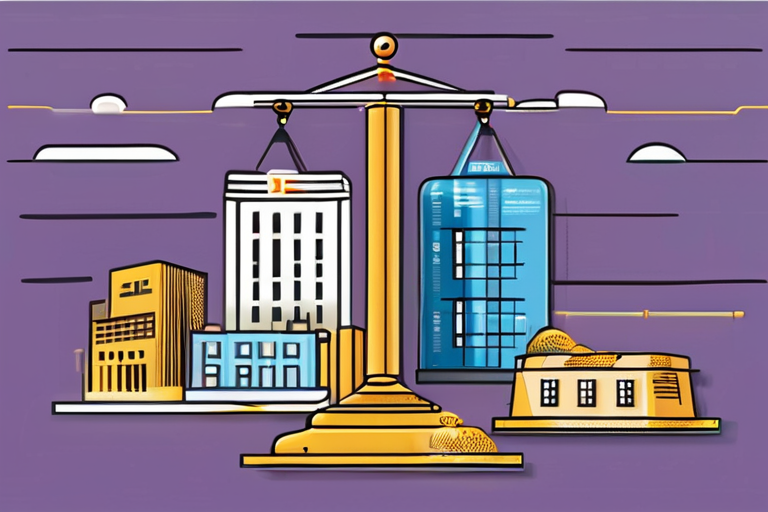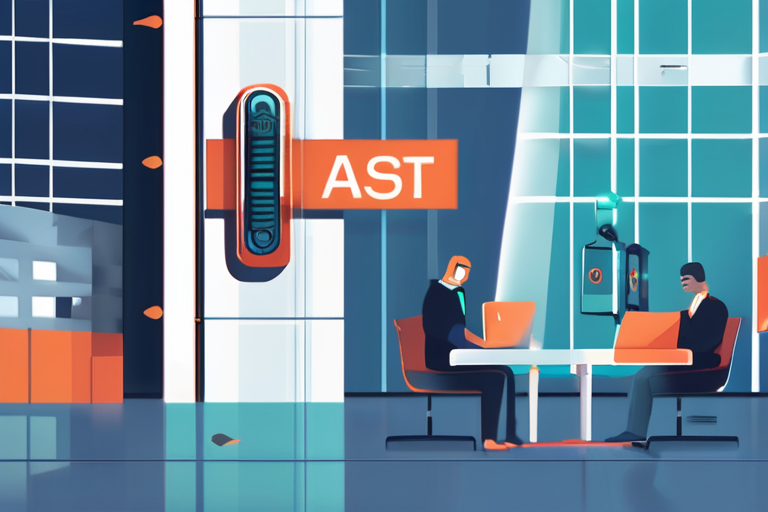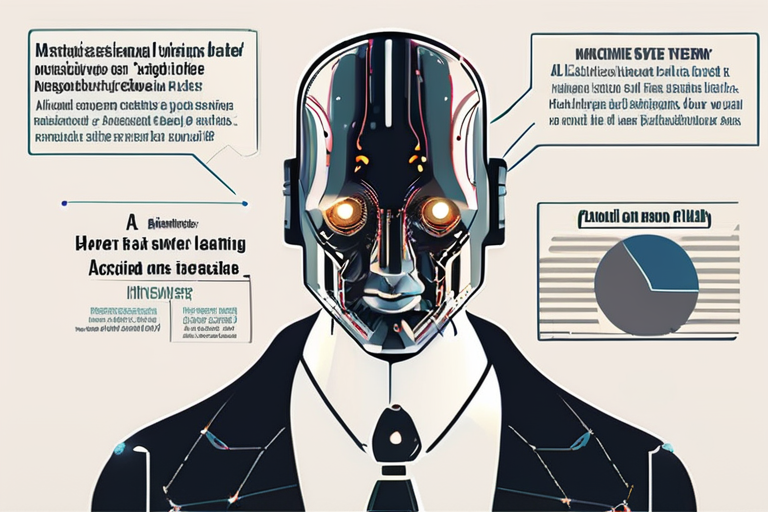Major insurers, including AIG, Great American, and WR Berkley, have asked U.S. regulators for permission to exclude AI-related liabilities from corporate policies, citing concerns over the unpredictability and potential systemic risks associated with artificial intelligence. According to a report by the Financial Times, these insurers are seeking to limit their exposure to potential losses stemming from AI-related incidents.
The decision by these insurers is not surprising, given the recent high-profile incidents involving AI models. For instance, Google's AI Overview falsely accused a solar company of legal troubles, triggering a $110 million lawsuit in March. Air Canada last year got stuck honoring a discount its chatbot invented, while fraudsters used a digitally cloned version of a senior executive to steal $25 million from the London-based design engineering firm Arup during a video call that seemed entirely real.
"We're not talking about one massive payout; we're talking about the systemic risk of thousands of simultaneous claims when a widely used AI model steps in it," said an Aon executive, who wished to remain anonymous. "Insurers can handle a $400 million loss to one company, but what they can't handle is an agentic AI mishap that triggers 10,000 losses at once."
The industry has good reason to be spooked, as AI models are increasingly being used in various sectors, including finance, healthcare, and transportation. The complexity of these models, often referred to as "black boxes," makes it challenging for insurers to assess and mitigate potential risks.
The use of AI in various industries has been on the rise in recent years, with many companies adopting AI-powered chatbots, predictive analytics, and machine learning algorithms to improve efficiency and decision-making. However, these advancements also come with increased risks, as seen in the recent incidents involving Google, Air Canada, and Arup.
The exclusion of AI-related liabilities from corporate policies would have significant implications for companies that rely heavily on AI technology. It could lead to increased costs for businesses, as they would need to purchase separate insurance policies to cover AI-related risks. This, in turn, could slow down the adoption of AI technology in various sectors.
The U.S. regulators are currently reviewing the insurers' request and are expected to make a decision soon. The outcome of this decision will have far-reaching implications for the insurance industry, businesses, and consumers alike.
As the use of AI continues to grow, it is essential for insurers, regulators, and businesses to work together to develop effective risk management strategies and insurance products that can mitigate the potential risks associated with AI technology.



























Share & Engage Share
Share this article